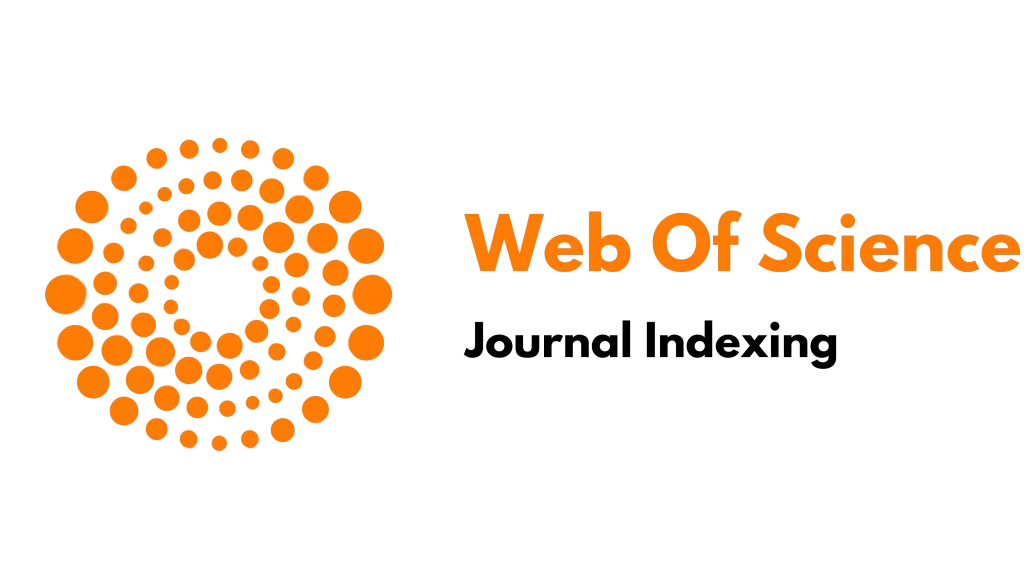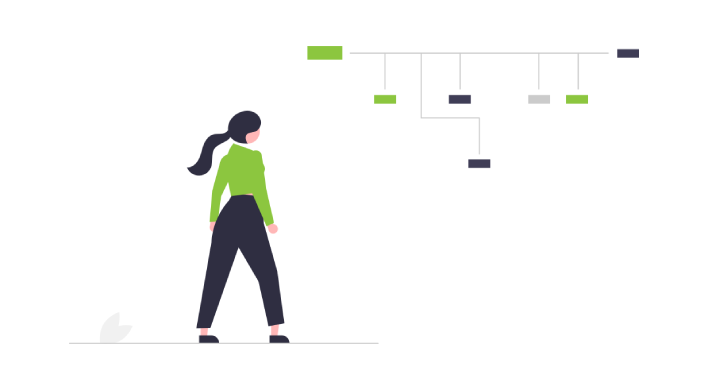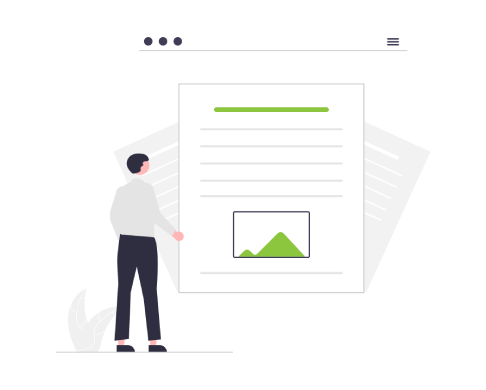Web Of Science Journal Indexing
In today’s world of scientific research, visibility and credibility are vital. Scholars and researchers seek reputable sources to publish and cite, and the Web of Science (WoS) is one of the most respected journals indexing platforms to achieve this. With its rigorous selection process, Web of Science ensures that only high-quality research makes it to the database, which in turn provides a rich resource for professionals looking to contribute or review credible work. This guide will explore the essentials of Web of Science journal indexing, covering its criteria, importance, types, and benefits for researchers and academic institutions alike.

What is Web of Science?
The Web of Science, developed by the Institute for Scientific Information (ISI), is a leading research database that indexes scholarly journals across a wide array of disciplines, including sciences, social sciences, arts, and humanities. Over the years, it has become synonymous with high-quality research, helping to standardize how academic work is assessed and used in the field. Clarivate Analytics now manages the Web of Science, continuing the legacy of creating a dependable source for cutting-edge research and analysis.
Why is Journal Indexing Important?
Journal indexing plays a crucial role in the research ecosystem. Indexed journals are more accessible, trustworthy, and prominent within the scientific community. A journal must fulfill certain quality and impact requirements in order to be indexed in the Web of Science, which reassures scholars that the papers published there are trustworthy and worthwhile. Indexing boosts a journal’s reputation and facilitates academics’ ability to find relevant studies, ultimately leading to increased citations and motivating additional research in key fields.
Key Benefits of Being Indexed in Web of Science
Enhanced Credibility: Researchers regard Web of Science as a trustworthy source. Indexing in WoS boosts a journal’s credibility, establishing it as a reliable publication for quality research.
Increased Visibility and Reach: Indexed journals receive greater visibility in the global research community, leading to higher readership and citation rates.
Improved Citation Metrics: Articles published in WoS-indexed journals often see improved citation metrics, which benefit authors in advancing their academic careers.
Accessibility to Funding: Many funding bodies and institutions consider the indexation status of journals when assessing grant applications. Indexed journals hold more weight, thus improving funding prospects.
Opportunities for Collaboration: A publication in an indexed journal can open doors to collaborations with researchers, organizations, and institutions worldwide.
Web of Science Core Collection
The Web of Science is organized into the Core Collection, which is the heart of its indexing service. The Core Collection includes several citation indexes that cover a range of disciplines and fields:
Science Citation Index Expanded (SCIE): Covers over 9,200 journals across the sciences, including high-impact research in fields like physics, chemistry, and biology.
Social Sciences Citation Index (SSCI): Encompasses over 3,400 journals in the social sciences, such as psychology, sociology, and political science.
Arts & Humanities Citation Index (AHCI): Focuses on fields such as literature, history, and philosophy, indexing over 1,800 journals.
Emerging Sources Citation Index (ESCI): The initiative focuses on newer, innovative journals, thereby increasing visibility for emerging fields and research areas.
Criteria for Web of Science Indexing
Web of Science follows stringent guidelines to maintain the quality and integrity of its database. Here are the key criteria:
Editorial Quality: The journal must have a well-defined editorial board, clear publication policies, and regular publication schedules.
Citation Impact: The journal should demonstrate a notable impact in terms of citations from other credible journals.
Peer Review Process: To ensure quality, all articles in the journal must undergo a thorough peer-review process.
Author Affiliations: The journal should showcase diverse author affiliations, representing both domestic and international contributors.
Ethics and Publishing Standards: Journals must adhere to ethical publishing practices, including proper disclosures, ethical guidelines, and plagiarism prevention.
How Journals Apply for Web of Science Indexing
Applying for inclusion in the Web of Science is a detailed process. Journals must submit an application that includes relevant documentation about editorial policies, peer review, citation metrics, and other necessary details. Upon submission, Clarivate Analytics evaluates the journal based on its criteria, and this assessment process may take several months to ensure compliance with its rigorous standards.
Steps to Apply
Prepare Documentation: Gather evidence of quality, including editorial standards, peer review practices, and ethical guidelines.
Submit Application: Complete and submit the application form on the Web of Science platform.
Evaluation Phase: Clarivate Analytics reviews the submission based on set standards and provides feedback if any criteria are unmet.
Notification: Journals are notified of the outcome. Successful journals are indexed, enhancing their visibility within the academic community.
Types of Journals in Web of Science
The Web of Science accommodates multiple types of journals, making it a versatile platform for various research disciplines:
Original Research Journals: Focus on pioneering studies and cutting-edge research across various fields.
Review Journals: Offer comprehensive reviews of existing literature, helping readers keep abreast of developments in specific areas.
Case Study Journals: Include real-world applications and case studies, ideal for disciplines that rely on practical research.
Open Access Journals: These journals make their content freely accessible, aligning with the growing movement toward open-access research for broader knowledge sharing.
How Researchers Benefit from Web of Science Indexing
Researchers are a primary beneficiary of WoS indexing, enjoying access to reliable, high-quality content. Some of the ways researchers benefit include:
Access to Verified Research: Indexed journals ensure quality, making it easier to find trustworthy articles.
Streamlined Literature Review: With access to highly cited and recognized journals, researchers can conduct comprehensive literature reviews quickly.
Greater Research Impact: Publishing in WoS-indexed journals can lead to higher citation rates, contributing to the researcher’s academic standing.
Career Advancement: Many academic institutions and funding agencies regard WoS publications as a metric for researcher quality and credibility.
Importance of Journal Impact Factor in Web of Science
The Journal Impact Factor (JIF) is a crucial metric provided by Web of Science, evaluating the average number of citations received per article published in a journal. High-impact factors are often associated with journals that publish groundbreaking and widely-referenced research, enhancing a journal’s reputation and appeal. However, it’s essential to note that while a high JIF can signify quality, it’s not the only measure of a journal’s credibility or impact.
Web of Science vs. Other Indexing Platforms
Web of Science stands out from other indexing services, such as Scopus, PubMed, and Google Scholar, due to its high standards and diverse Core Collection. Here’s a brief comparison:
Scopus: Similar in scope, but WoS tends to have a more selective indexing process.
PubMed: Focuses mainly on life sciences and biomedical fields, whereas WoS covers a broader range of disciplines.
Google Scholar: Offers a wider, less selective range of sources, including non-academic materials. WoS, by contrast, prioritizes quality and rigor.
Challenges of Web of Science Indexing
Despite the benefits, there are some challenges associated with Web of Science indexing:
Stringent Criteria: Meeting the standards for WoS can be challenging, especially for emerging journals with limited resources.
Time-Consuming Process: The application process is rigorous and may take several months, potentially delaying publication visibility.
Resource Requirements: Maintaining the quality needed for indexing requires significant editorial resources and adherence to strict publication ethics.
Web of Science journal indexing represents a gold standard for academic publications, enhancing visibility, credibility, and impact for researchers worldwide. Through rigorous selection criteria, WoS ensures that indexed journals offer high-quality, peer-reviewed content that can be trusted by researchers, educators, and practitioners alike. For journals and researchers aiming to make a mark in the academic community, achieving and maintaining a Web of Science index status is invaluable. By navigating the application process and adhering to ethical and editorial standards, journals can secure a place within this prestigious indexing platform, ultimately contributing to the advancement of science and knowledge-sharing on a global scale.
Reach out to us at www.saairatechnologies.com or give us a call at 7604897174 if you need assistance with the Journal Publication.
Our strengths
Guarantee of Service
PhD in Creativity
At Saaira Technologies, our mission is to provide a level of service unparalleled by any other organization. We take immense pride in our team of highly skilled and experienced pro-writers. We are excited to declare that, at Saaira Technologies, we never compromise when it comes to quality. Our commitment to excellence sets us apart in the industry.
Assurance and Privacy
At Saaira Technologies, we guarantee that your research and personal information will be treated with utmost confidentiality. We are committed to maintaining strict privacy and ensuring that your data is securely handled for internal purposes only. Your trust is of paramount importance to us, and we take every measure to safeguard your information.
24/7 Service Assistant
At Saaira Technologies, our team of experts is readily available round the clock on Facebook, WhatsApp, and Email, ensuring uninterrupted support and assistance. We operate 24 hours a day, 7 days a week, allowing clients to conveniently connect with us at any time. Your satisfaction is our priority, and we are committed to providing timely and reliable service.
Why choose us?
PhD help technical experts are very friendly and always ready to hear from you. Our experts are available at any stage of your PhD work.
The project you submit to us will be a hidden treasure and it will be confidential and maintained very secretly.
PhD help projects are always cost effective but we assure you that this will not affect the quality of your work.
PhD help developers are well experienced and professionals in their particular field. They are very eager and always on duty. They are readily available to help you in any situation and time. Our experts are available on the shop floor always ready to help you at any point of your PhD you are stuck.
Teams of Saaira Technologies
Business Development Executives


Data Scientist
Language Editing Division


Department of Journal Publications
What Sets Us Apart from The Competition?

